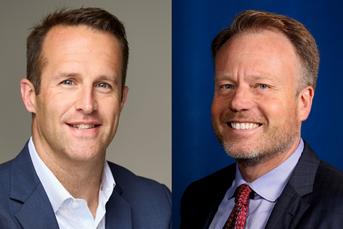Pro bono opportunities, need rise during pandemic

Last year, there was a 27% uptick in the number of cases advisers working with the Foundation for Financial Planning reported.
The pandemic has led to an increased need for financial planning assistance among economically vulnerable people, and more advisers have been doing pro bono work in response.
Last year, there was a 27% uptick in the number of cases advisers working with the Foundation for Financial Planning reported. Advisers worked in pro bono capacity with people in one-on-one sessions 11,700 times in 2020, up from 9,200 in 2019, the FFP reported Thursday. And 43,300 people participated in the organization’s programs last year, including financial guidance workshops, an increase over the 26,700 people who used those services in 2019.
“More people became aware of the need to pay attention to their finances,” FFP chair Kate Healy said. “We saw so many people who didn’t have an emergency fund, who couldn’t handle being unemployed for weeks at a time.”
Although demand for services surged last year, the organization launched a site that helps advisers identify volunteer opportunities, which is part of why the amount of pro bono sessions increased. More than 700 advisers have made profiles on the site, and there are about 30 nonprofit groups that can help match them with people who need help, according to FFP.
About 70% of Certified Financial Planners are active in pro bono work, with an average volunteer time of 31 hours a year, Healy said, citing figures from a CFP Board survey.
“People want to give back. It’s one of the things advisers love,” she said. “The ability to do pro bono planning through Zoom or online is also going to make [volunteer work] grow larger.”
The FFP provides training, including a one-hour continuing-education class, and it has free error-and-omission insurance coverage for advisers doing pro bono work. The organization trains financial professions on how to work with low-income clients who need help with budgeting and cash-flow analysis. It has partnerships with other nonprofits, such as Family Reach and AARP, that help identify people who are seeking financial-planning help.
FFP awarded more than $800,000 in grants last year, including $60,000 to help its partners work in a virtual capacity, according to the group.
Learn more about reprints and licensing for this article.








